Proposal to raise the bet level
Regarding the draft Decree replacing Decree No. 06/2017 on betting business on horse racing, dog racing and international football, the Vietnam Confederation of Commerce and Industry (VCCI) has just sent comments to the Ministry of Finance based on recommendations from businesses and investors.
Specifically, according to VCCI, regarding the betting limit, businesses noted that raising the maximum bet per player from 1 million VND as in Decree 06/2017 to 10 million VND in the draft is positive, consistent with the change in average income per capita.
However, according to feedback from businesses and experts in the field, this ceiling is still too low compared to market reality, not enough to create conditions for the legal betting business model to operate effectively.
Currently, the majority of revenue value of legal betting businesses in developed countries comes from high-stakes players.

Meanwhile, illegal betting platforms operating in Vietnam are not limited to betting levels, causing players to tend to switch to illegal platforms for a more flexible experience. This not only causes loss of state budget revenue but also weakens the effectiveness of the management mechanism.
Therefore, businesses proposed to consider raising the maximum bet to 100 million VND/person/day or at least allowing businesses to apply 10 million VND/day for each betting product, instead of limiting the total bet amount per day.
According to VCCI, raising the limit will create conditions for legal businesses to access high-spending customers, while increasing competition with the underground market. The State can apply management tools such as player identification, cash flow monitoring, and risk warnings in parallel to limit negative impacts.
Regarding the starting time of the pilot period for international football betting business, the draft currently stipulates a 5-year pilot period from the date the enterprise is granted a certificate of eligibility to conduct international football betting business.
However, according to VCCI, in reality, after being granted the certificate, the enterprise still needs time to complete the technical system, sign copyright contracts, build a staff and carry out other preparations before being able to officially operate.
If the pilot period is calculated from the date of certification, it will result in the enterprise not having enough actual time to implement the business and prove the model's effectiveness. This affects both the enterprise (difficult to recover capital, difficult to evaluate effectiveness) and the management agency (difficult to have complete data to summarize).
Therefore, VCCI recommends amending the regulation in the direction: "The pilot period is calculated from the date the enterprise officially starts operating international football betting business (confirmed in writing by the management agency), instead of from the date of issuance of the Certificate of eligibility to do business". This regulation ensures accuracy in evaluating the pilot model.
Proposal to reduce budget contribution to 5%
In addition, regarding the state budget contribution, the draft stipulates that the minimum contribution to the central budget is 10% of the revenue from betting ticket sales after deducting the prize payment costs (Gross Gaming Revenue – GGR). This is an additional financial obligation in addition to tax obligations, including special consumption tax (30%) and value added tax (10%).
VCCI said that, according to feedback from businesses, this contribution level is too high compared to international practice, and could reduce the competitiveness of legal businesses with the underground betting market, which is not subject to any tax or legal obligations.
In addition, if taxes and budget contributions are combined, businesses will have to pay more than 40% of GGR - a very large amount, especially in the pilot phase when technology investment and operating costs are very high.
Therefore, it is proposed to reduce the budget contribution to 5% of GGR during the pilot phase.
“This is a reasonable level, creating conditions for businesses to have profit margins to survive and develop, while the State still has a stable source of revenue. When the market is more mature, the State can readjust the contribution rate according to the roadmap. This flexible policy will encourage businesses to invest systematically and sustainably, instead of just seeking short-term profits,” the VCCI document clearly stated.
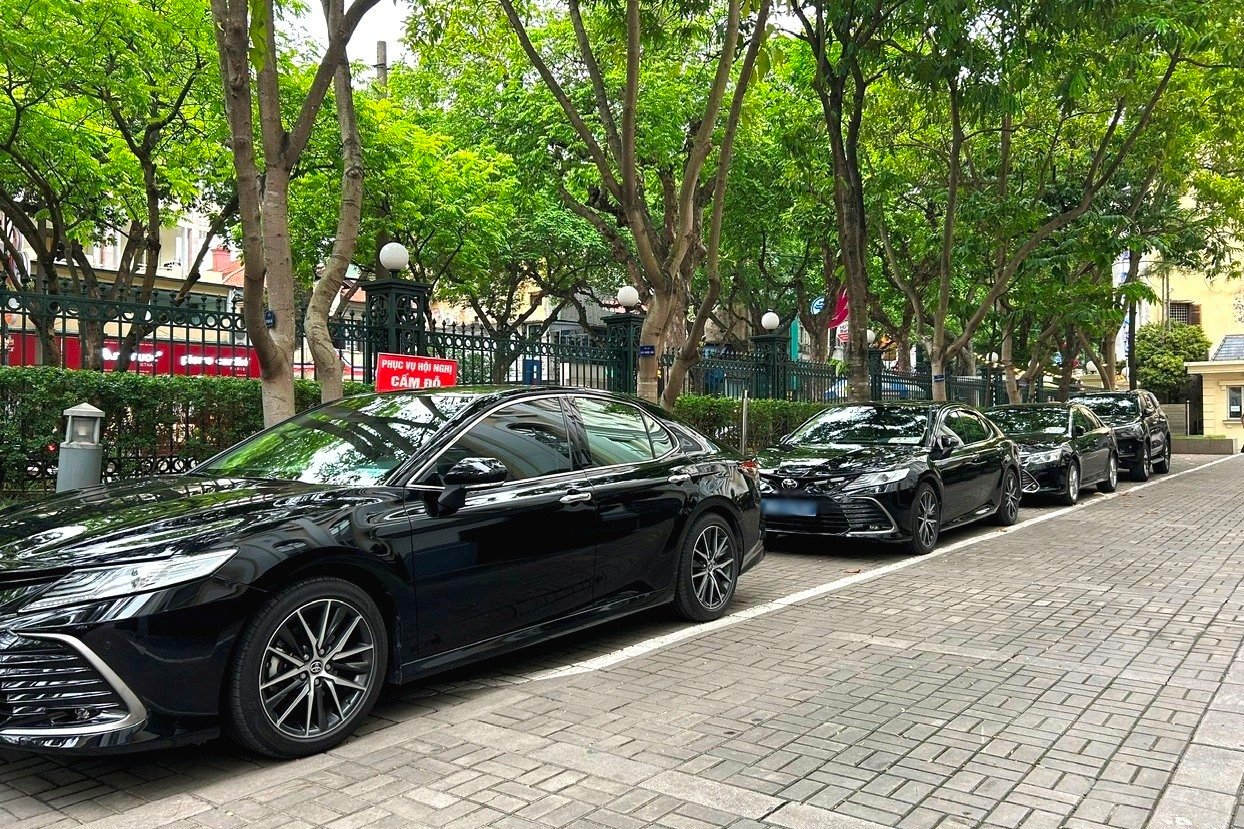
Source: https://vietnamnet.vn/de-xuat-nang-muc-dat-cuoc-dua-ngua-bong-da-len-gap-10-lan-toi-da-100-trieu-ngay-2454955.html


![[Photo] Da Nang residents "hunt for photos" of big waves at the mouth of the Han River](https://vphoto.vietnam.vn/thumb/1200x675/vietnam/resource/IMAGE/2025/10/21/1761043632309_ndo_br_11-jpg.webp)
![[Photo] Prime Minister Pham Minh Chinh meets with Speaker of the Hungarian National Assembly Kover Laszlo](https://vphoto.vietnam.vn/thumb/1200x675/vietnam/resource/IMAGE/2025/10/20/1760970413415_dsc-8111-jpg.webp)



![[Photo] Prime Minister Pham Minh Chinh received Mr. Yamamoto Ichita, Governor of Gunma Province (Japan)](https://vphoto.vietnam.vn/thumb/1200x675/vietnam/resource/IMAGE/2025/10/21/1761032833411_dsc-8867-jpg.webp)
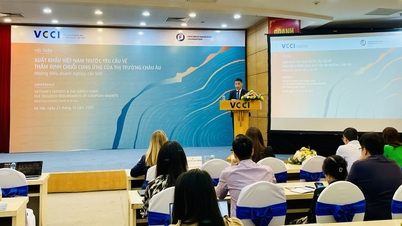





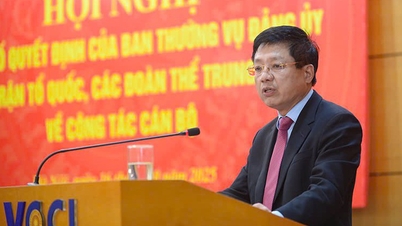
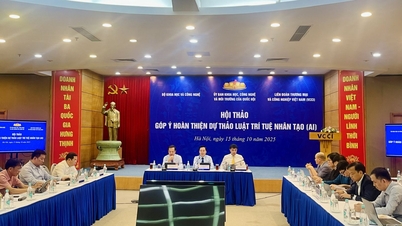


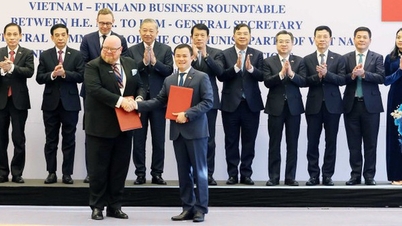







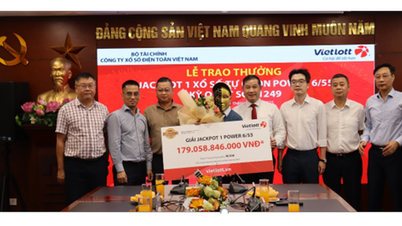








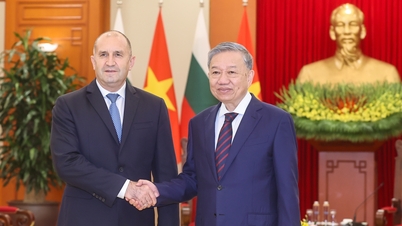





































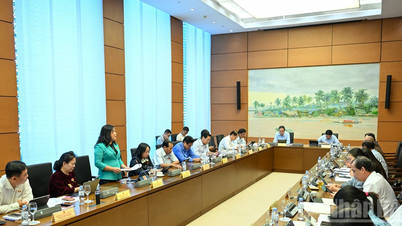
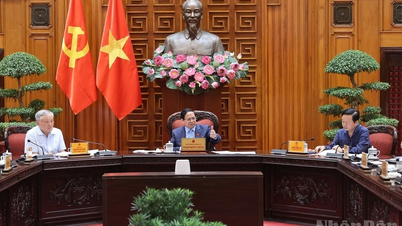
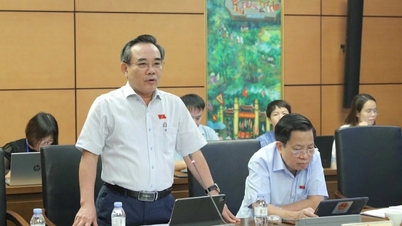
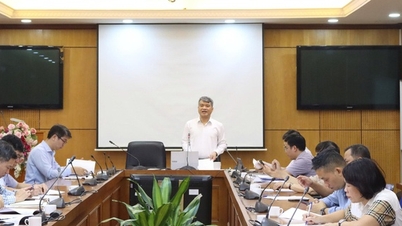
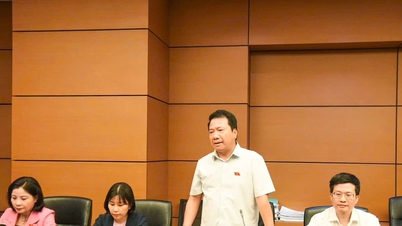

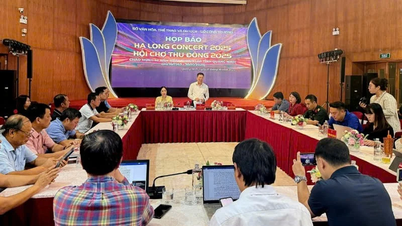








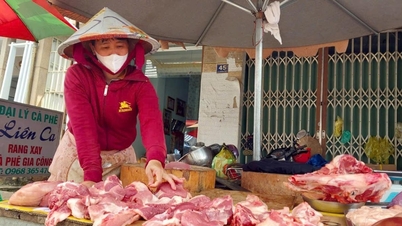

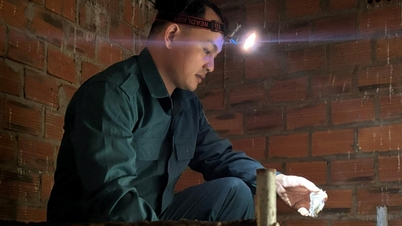

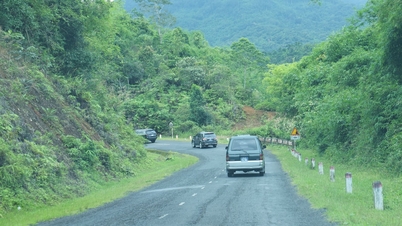


















Comment (0)